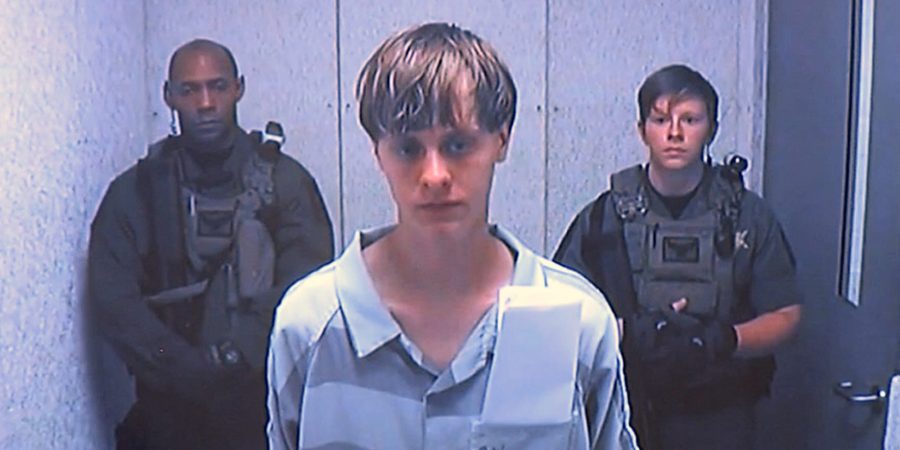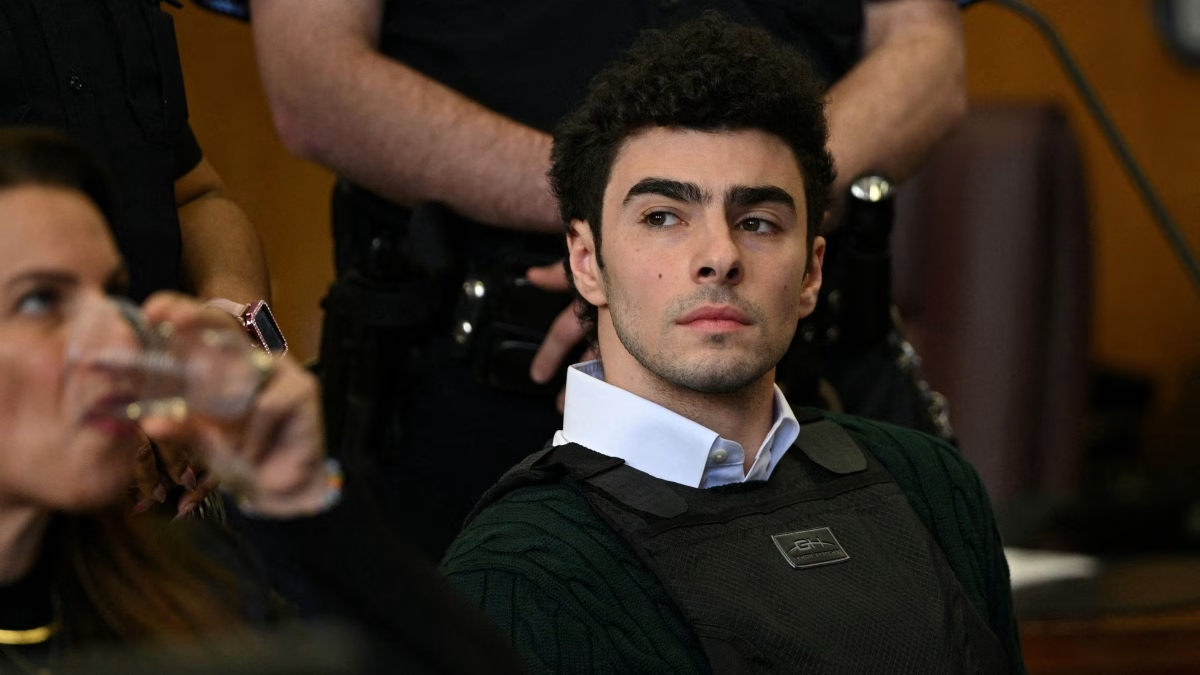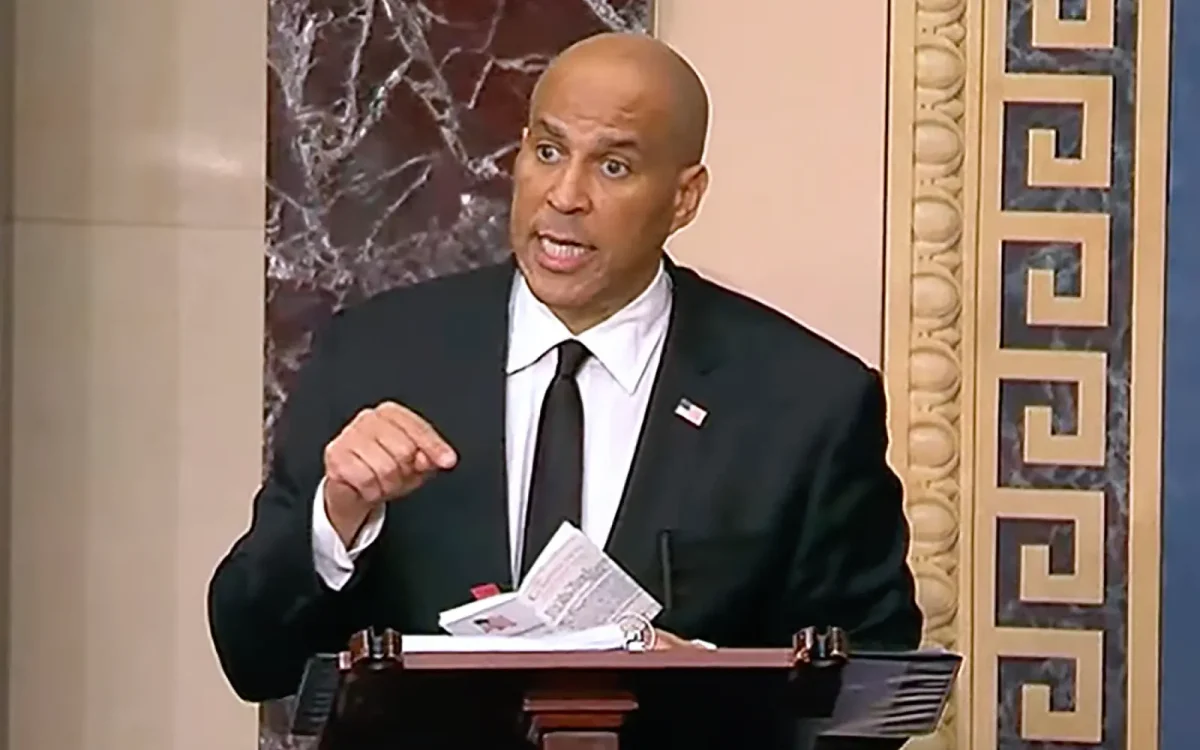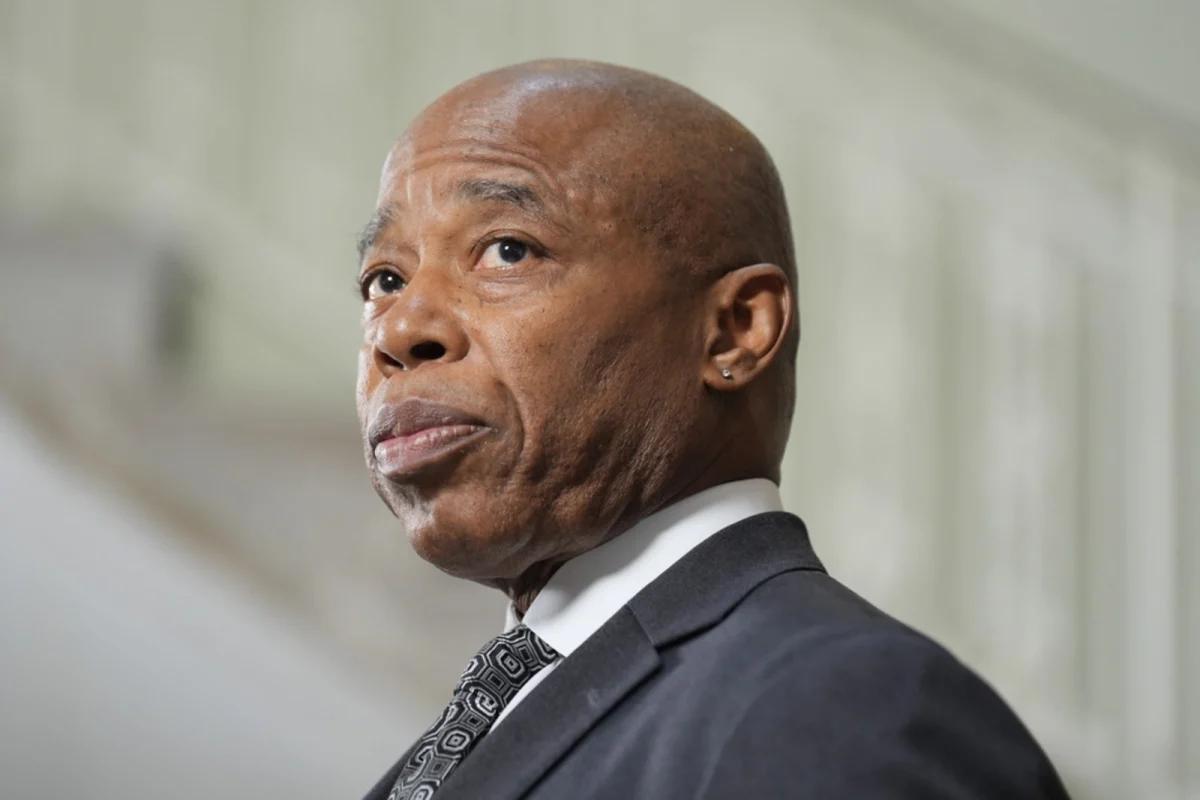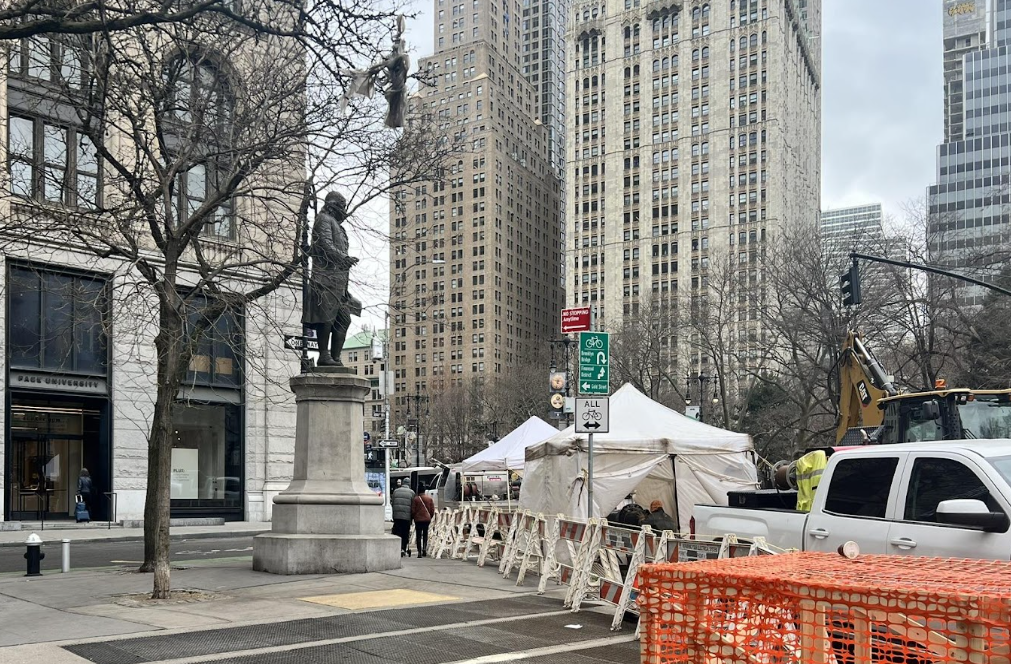On June 17, 2016, a radicalized white supremacist walked into the historic Emanuel African Methodist Episcopal Church in Charleston, South Carolina, and took the lives of nine people with the intentions of igniting a race war. On Dec. 15, 2016, after only two hours of deliberation, a federal jury has found Dylann Roof guilty of 33 different federal counts, including committing hate crimes, obstructing the exercise of religion and using firearm to commit murder. His next appearance in court, scheduled to begin Jan. 3, 2017, will decide whether or not he gets the death penalty or life in prison. He is also scheduled to appear in court in Jan. 17 against charges brought by the state of South Carolina, which is also seeking the death penalty.
The verdict was considered by many as a no-brainer. The jury listened to testimony from survivors Felicia Sanders and Polly Sheppard, both of whom identified Roof as the assailant. They listened to an interview Roof had with the FBI after being arrested, in which he confessed to planning out the attack while laughing, specifically after researching about “black on white” crime following the Trayvon Martin case. He specifically targeted Charleston because of its historic importance in the American slave trade.
After it was ruled Roof was competent to stand trial and the judge, Richard Gergel, denied a request to present evidence of mental illness, David Bruck, Roof’s defense lawyer and longtime opponent of the death penalty, conceded to Roof’s guilt, and focused more-so on trying to persuade for a life sentence instead of a death sentence. During the sentencing trial, in which the evidence of mental illness could have been introduced, Roof plans on representing himself without Bruck.
While Roof will be getting the media attention, we should all remember and honor the nine lives that we unjustly lost in this blatant domestic terrorist attack.

